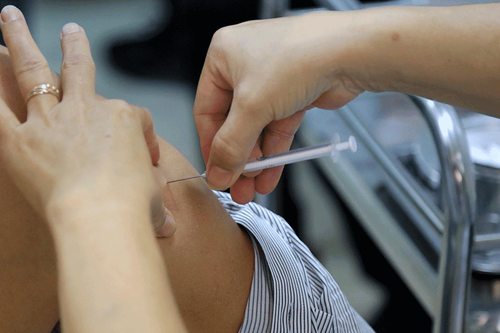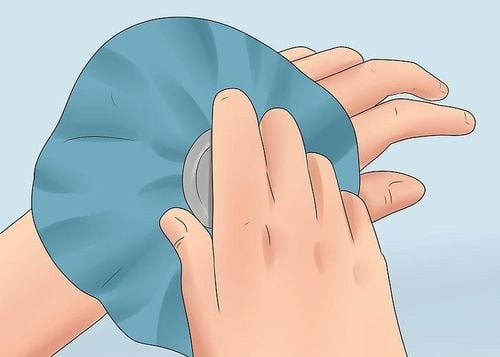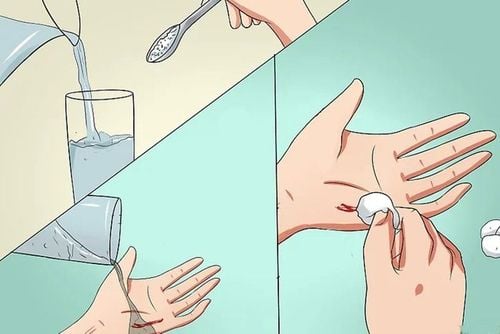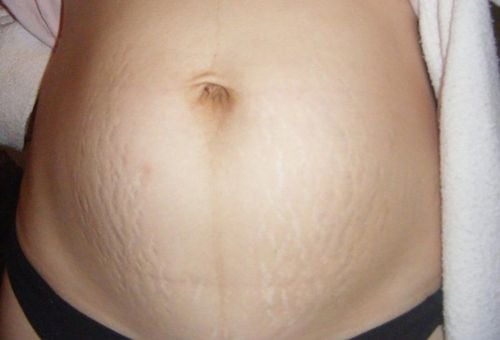This is an automatically translated article.
Fatigue of the maxillofacial muscles is a common phenomenon that many people encounter. There are many causes of this condition, in which this can also be a warning sign of jaw dysfunction. Therefore, it is necessary to determine the cause of the symptoms, thereby finding the right treatment.The most common jaw muscle fatigue includes pain in or around the ear area, a feeling of stiffness in the jaw, pain when chewing food or even a headache. There are many causes of pain in the maxillofacial region, so for an accurate diagnosis, the doctor will need to do a general examination, order a dental X-ray to determine the cause of the condition. jaw muscle fatigue, thereby giving the correct treatment plan.
1. Symptoms of maxillofacial muscle fatigue
Numbness, fatigue, or stiffness in the jaw Discomfort when chewing food Jaw joint is stiff, when opening or closing the mouth feels stiff, painful or difficult Sensation of pain spreading to the ear area.2. Fatigue of facial muscles, what to do?
If in case of only mild jaw muscle fatigue or jaw pain does not last long, you may not need to see a doctor right away. Instead, you can change your daily routine and apply the following simple ways to help relieve pain:Reduce pressure on the jaw muscles: Eat soft foods, cut foods into small pieces. Do not eat foods that are tough and flexible like gum, hard things like rocks or cartilage,... because when you eat these foods, you will need to use a lot of force in your teeth and jaw muscles, thereby creating The pressure will cause fatigue of the maxillofacial muscles. Avoid chewing food on only one side, instead chew both jaw muscles evenly. If you have a habit of grinding your teeth while sleeping, see your doctor for advice and treatment. Practice stretching and massaging the jaw. See your dentist or physiotherapist for instructions on stretching exercises and how to self-massage the jaw muscles at home. If prolonged jaw muscle fatigue is bothersome, apply heat or ice to the painful jaw area to help relieve the pain. Apply heat to the tired jaw area. The hot temperature will help relax muscles, thereby reducing pain and stiffness effectively. Apply cold if the jaw muscle fatigue is accompanied by swelling and inflammation.
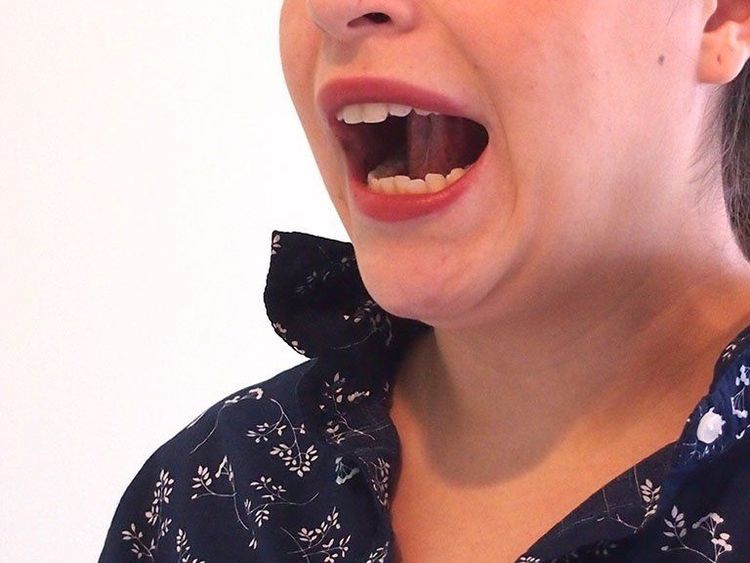
Tập căng duỗi, mát xa hàm có thể giúp bạn cải thiện tình trạng mỏi cơ hàm
Please dial HOTLINE for more information or register for an appointment HERE. Download MyVinmec app to make appointments faster and to manage your bookings easily.





